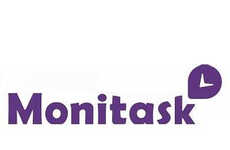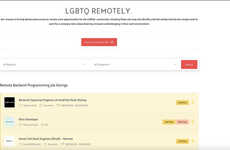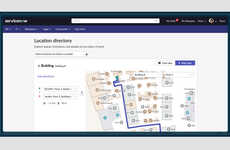



Office workers are protesting mandated returns to the office
Trend - Having grown accustomed to working remotely for several months, office workers are increasingly protesting mandates that require workers to go back to the office. Workers are now quitting, organizing against such policies, and/or ignoring these policies and continuing to work from home.
Insight - The COVID-19 pandemic accelerated what was already an emerging trend in the professional world. The normalization of remote work has resulted in consumers having a greater understanding of how they're most productive, while also balancing their personal lives. No longer restricted to commutes and long days in the office, the average worker is increasingly feeling the value of flexibility in the workplace--and is unwilling to go back to more rigid schedules and policies.
Insight - The COVID-19 pandemic accelerated what was already an emerging trend in the professional world. The normalization of remote work has resulted in consumers having a greater understanding of how they're most productive, while also balancing their personal lives. No longer restricted to commutes and long days in the office, the average worker is increasingly feeling the value of flexibility in the workplace--and is unwilling to go back to more rigid schedules and policies.
Workshop Question - How could your brand better prioritize flexibility for its employees?
Trend Themes
1. Remote Work Normalization - The pandemic accelerated the trend of remote work normalization, resulting in a workforce that is increasingly unwilling to go back to rigid work schedules and policies.
2. Flexible Work Schedules - A flexible work schedule is a better long-term strategy for employee retention.
3. Resistance to Return-to-office Mandates - Employees are protesting return-to-office mandates, citing concerns about CoViD-19 and the need for flexible work environments.
Industry Implications
1. Human Resources - The growing trend of remote work and flexible work schedules presents an opportunity for HR professionals to adapt their policies and work structures to meet employees' changing needs.
2. Real Estate - The normalization of remote and hybrid work models has disruptive potential to change the real estate industry, as companies may need less physical office space and different types of facilities to suit changing work needs.
3. Technology - The trend towards remote work and hybrid models offers an opportunity for technology companies to create platforms, tools and apps that facilitate better communication and collaboration for companies managing a distributed workforce.
4 Featured, 25 Examples:
34,049 Total Clicks
Date Range:
Jul 22 — Aug 22
Trending:
Mild
Consumer Insight Topics:

























